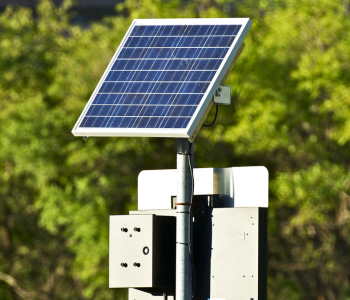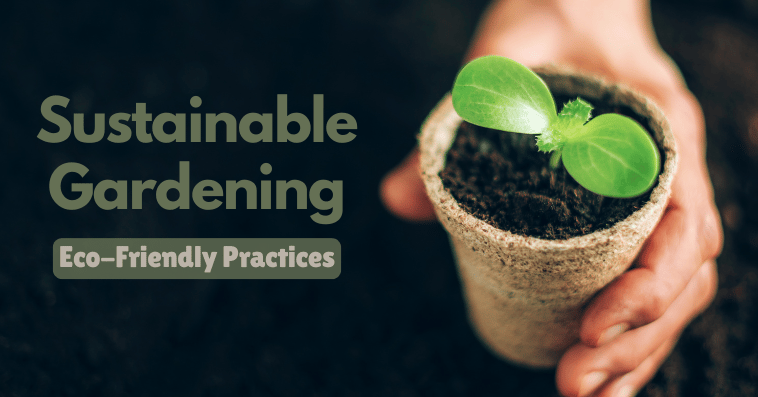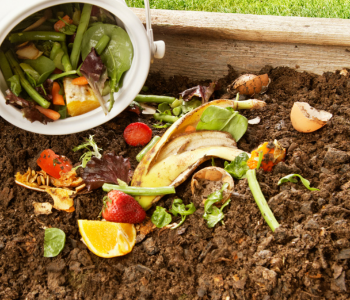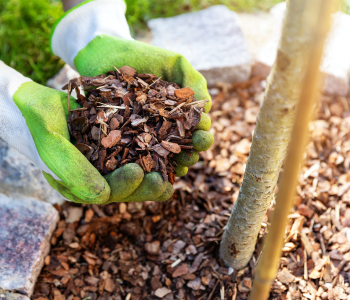In an age where climate change and environmental concerns are front and center, gardening can be more than just a hobby — it can be a powerful tool for positive change. Sustainable gardening is the art of growing plants while protecting nature, conserving resources, and reducing waste.
Whether you’re a home gardener, balcony plant lover, or backyard enthusiast, incorporating eco-friendly gardening practices not only benefits your plants but also contributes to a healthier planet.
This blog will walk you through practical, sustainable gardening methods that are easy to adopt and immensely impactful. Ready to go green? Let’s dig in.
🌱 What is Sustainable Gardening?
Sustainable gardening involves growing and maintaining plants in ways that are environmentally friendly, conserve natural resources, and reduce harmful chemicals. It supports long-term ecological balance by:
-
Minimizing water and energy use
-
Reducing chemical fertilizer and pesticide dependence
-
Encouraging biodiversity
-
Recycling garden and kitchen waste
-
Choosing native and climate-appropriate plants
In essence, sustainable gardening creates harmony between you, your garden, and the earth.
1. Start with Native and Drought-Resistant Plants
Choosing plants that naturally thrive in your local climate reduces the need for extra watering, fertilizers, or pest control.
✅ Benefits of native plants:
-
Low maintenance
-
Disease-resistant
-
Attract local pollinators like bees and butterflies
-
Improve soil health naturally
🛒 Browse native, drought-tolerant plant varieties at PaudheWale — perfect for sustainable gardening!
2. Compost Kitchen & Garden Waste
Composting is the heart of sustainable gardening. Instead of sending waste to landfills, turn it into nutrient-rich soil conditioner.
What to compost:
-
Fruit and vegetable peels
-
Tea leaves and coffee grounds
-
Eggshells
-
Garden clippings and dried leaves
Avoid: Meat, dairy, and oily food scraps.
🪴 Compost not only improves soil fertility but reduces your carbon footprint.
3. Conserve Water with Smart Irrigation
Water is a precious resource. Use these water-saving techniques:
-
Install a drip irrigation system to deliver water directly to roots.
-
Water early morning or late evening to reduce evaporation.
-
Collect rainwater in barrels or tanks for garden use.
-
Add mulch (like straw, leaves, or bark) around plants to retain moisture.
4. Say No to Chemical Fertilizers and Pesticides
Synthetic chemicals may offer quick results but harm soil organisms, groundwater, and even your health over time. Go organic instead:
-
Use vermicompost, cow dung manure, or compost tea
-
Spray neem oil, soap solution, or garlic extract for pest control
-
Encourage natural predators like ladybugs and birds
🌿 Switch to PaudheWale’s organic range of fertilizers and pest solutions for a greener approach.
5. Mulching: Nature’s Blanket for Your Soil
Mulching is the practice of covering soil with organic matter. It helps:
-
Retain moisture
-
Suppress weeds
-
Improve soil texture
-
Add nutrients as it decomposes
Use natural mulches like wood chips, straw, dried leaves, or grass clippings.
🌾 Tip: Mulch not only looks beautiful but supports sustainable soil regeneration.
6. Encourage Biodiversity in Your Garden
A healthy garden is a diverse one. Welcome birds, bees, butterflies, and even beneficial insects.
-
Grow pollinator-friendly plants like marigold, lavender, and sunflowers
-
Add a birdbath or bee hotel
-
Avoid monoculture — mix plant varieties for better resilience
🌸 Order pollinator-attracting flowering plants from PaudheWale and help your garden bloom sustainably.
7. Recycle and Reuse Garden Supplies
Skip the plastic whenever you can. Sustainable gardening means reducing your environmental impact:
-
Use terracotta or biodegradable pots
-
Repurpose old buckets, shoes, or cans as planters
-
Use cloth grow bags instead of plastic pots
-
Reuse plastic bottles for seed starters or irrigation spikes
♻️ Explore eco-conscious gardening containers and accessories at PaudheWale.
8. Grow Your Own Food
Home-grown produce is fresher, healthier, and greener. Start small with:
-
Herbs: Basil, mint, thyme
-
Leafy greens: Spinach, lettuce
-
Vegetables: Tomatoes, chillies, brinjals
-
Fruits: Strawberries, lemons (in containers)
🥗 Home gardening reduces dependency on pesticide-laden market produce and cuts down packaging waste.
9. Use Solar-Powered Garden Accessories
If you're using garden lights, go solar! Solar-powered lights charge during the day and light up your space sustainably.
-
No wiring
-
No energy bills
-
Eco-friendly ambiance

10. Teach and Share Sustainability
The more we share eco-conscious practices, the more impact we create. Share composting tips with neighbors, gift potted herbs to friends, or create an apartment community garden.
📣 Sustainable gardening is not just a practice — it's a movement.
Buy Your Sustainable Gardening Essentials from PaudheWale
Creating an eco-friendly garden starts with choosing the right plants, tools, and supplies — and PaudheWale makes that easy for you.
🌿 Why Choose PaudheWale?
-
Organic fertilizers and compost
-
Disease-free, sustainable plant varieties
-
Eco-conscious containers and gardening kits
-
Native and pollinator-friendly plants
-
Nationwide delivery & excellent customer service
👉 Take the green leap. Build your sustainable garden today. Shop now at PaudheWale.



